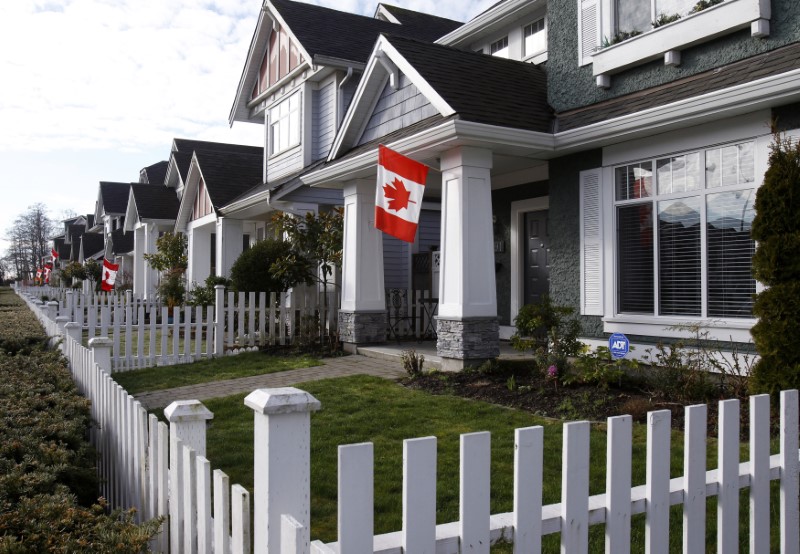When renting a home or apartment, renters have various responsibilities which they have to follow according to their lease agreement and local laws. No matter the relationship you have with the landlord, whether you would call them your friend or not, you still have to adhere to these responsibilities.
This content was originally published on Zoocasa.
What You’re Responsible For
Paying Rent:
The primary responsibility of a renter is to pay rent to the landlord or property management company on time and by the terms of the lease agreement. This typically includes the monthly rent amount, due date, and accepted payment methods. If rent is not paid on time, the landlord can use the Notice to End a Tenancy Early for Non-payment of Rent to get them to pay rent or for them to move out. Landlords can also apply to the Landlord and Tenant Board to get the renter evicted. Once the eviction order is posted, the renter has 30 days to leave the property.
Maintaining the Property:
Renters are generally responsible for keeping the rented property clean and in good condition. This includes routine cleaning, yard maintenance (if applicable), and reporting any maintenance issues to the landlord promptly. If something in the property needs repair, such as a leaky faucet, broken appliances, or structural issues, renters should notify the landlord or property manager in writing to request repairs. Landlords are typically responsible for making necessary repairs unless the damage is due to the renter’s negligence.
Complying with Lease Terms:
Renters are expected to adhere to the terms and conditions outlined in the lease agreement. This includes abiding by any rules, policies, and restrictions set by the landlord, such as restrictions on smoking, pets, or subletting. This also means partaking in precautions to maintain the safety and security of the property, such as locking doors and windows, and following any specific security measures outlined in the lease agreement.
Giving Proper Notice:
If a renter plans to move out, they typically need to provide the landlord with proper notice as outlined in the lease agreement. In Ontario, after you are given the standard lease, you must give the landlord no less than 30 days’ notice that you plan to move out. The notice must be in a formal written form and must not be in a text message.
What You Aren’t Responsible For
There are many misconceptions when it comes to what a renter is responsible for. Some landlords may try to trick you into thinking that you must do something even though by law, it is not required. Some of these are that you are not required to remove snow or cut the grass as that should be done by the landlord. You also do not have to pay extra for repairs if it is due to the wear and tear of the building. Only if you damaged it yourself, would you have to pay for the fix.
